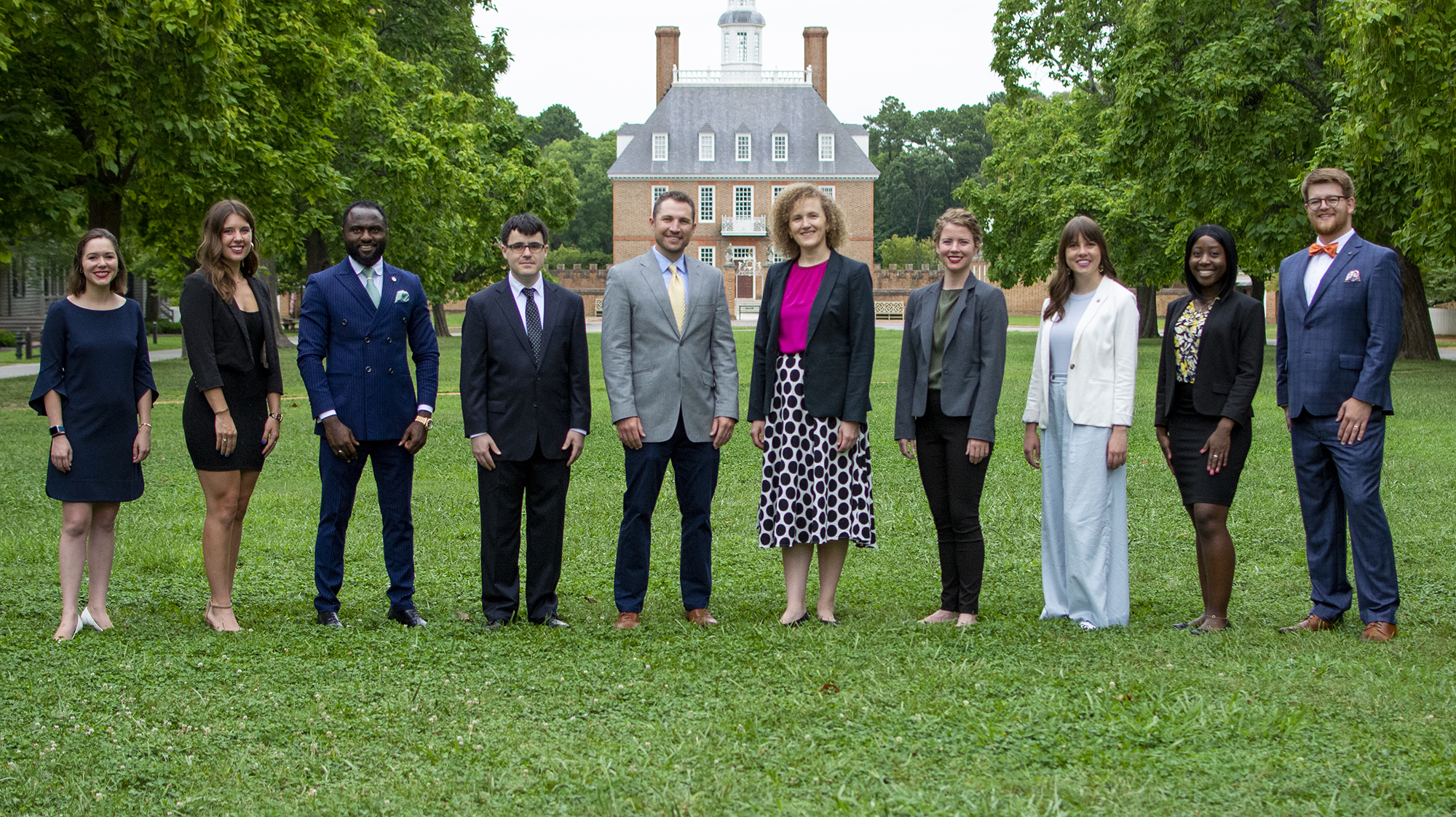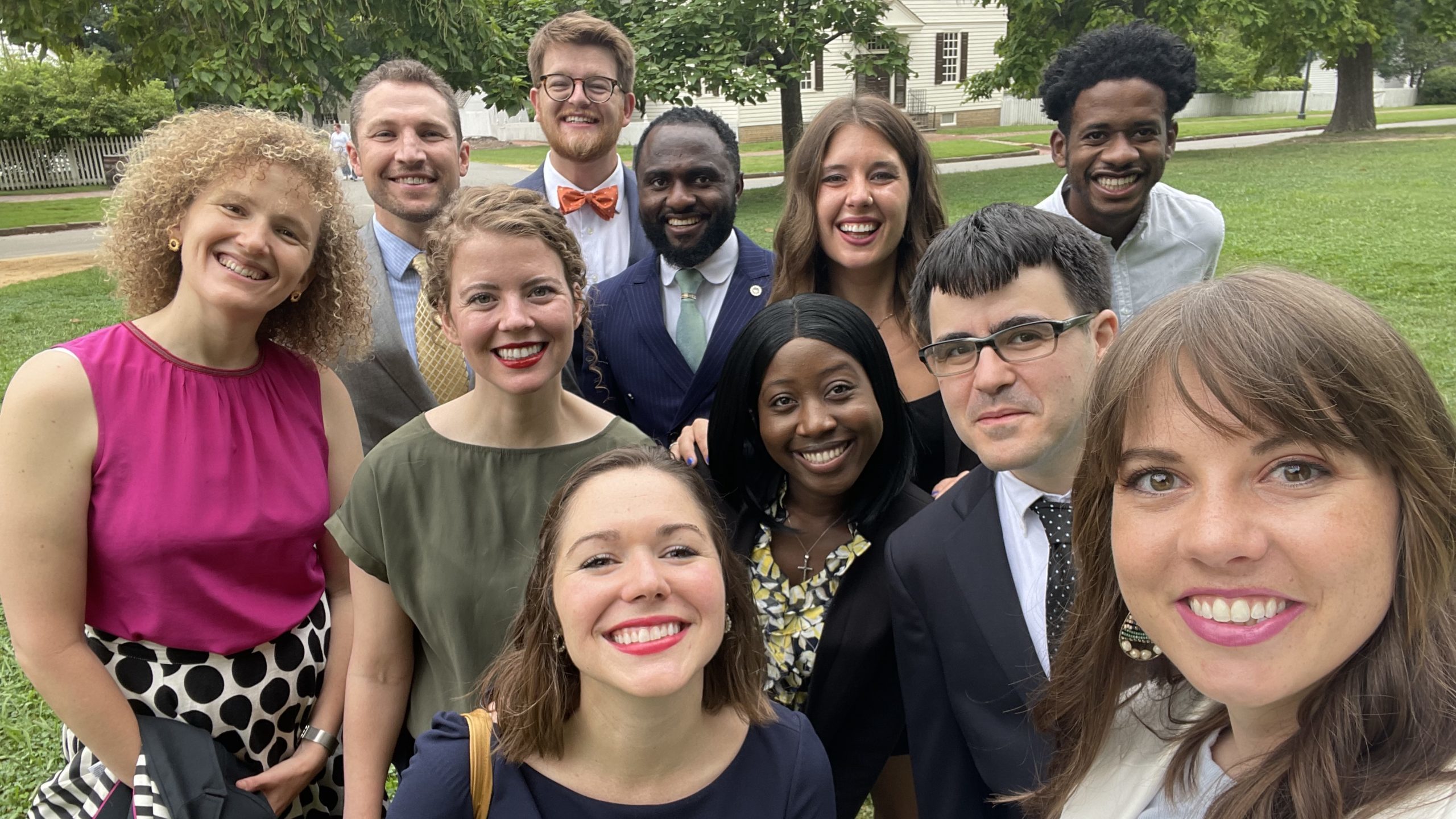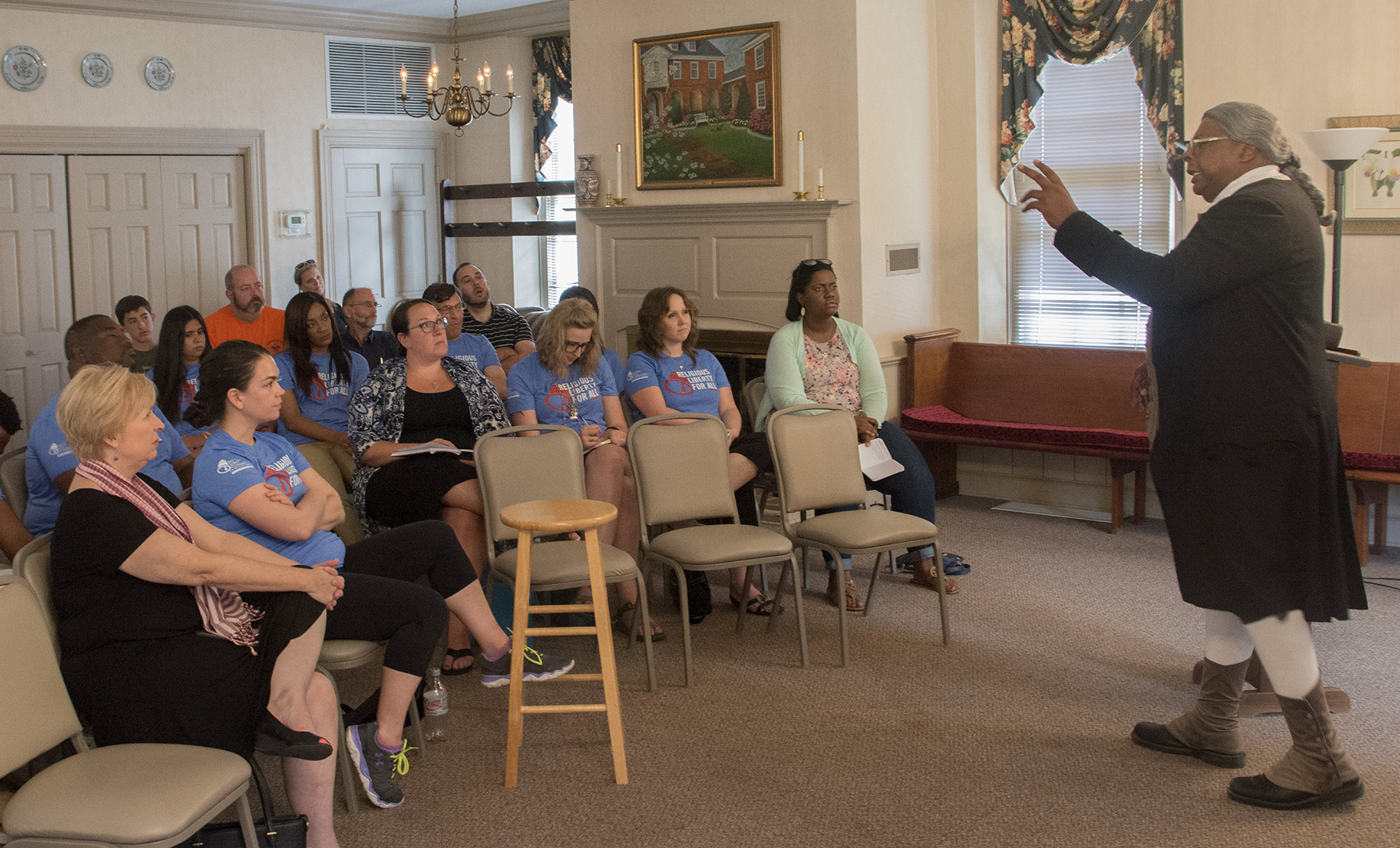THE BJC FELLOWS
2022 BJC Fellows
BJC welcomed the seventh class of BJC Fellows in 2022 to Colonial Williamsburg to hear from historical interpreters as well as BJC staff members and other experts about the historical, legal and theological underpinnings of religious liberty.
The BJC Fellows Program equips young leaders for a lifetime of religious liberty advocacy. Scroll down to meet the 2022 class, and see photos of their experience on Facebook or by searching #BJCFellows on various social media platforms.
For more on the program, visit BJConline.org/Fellows.
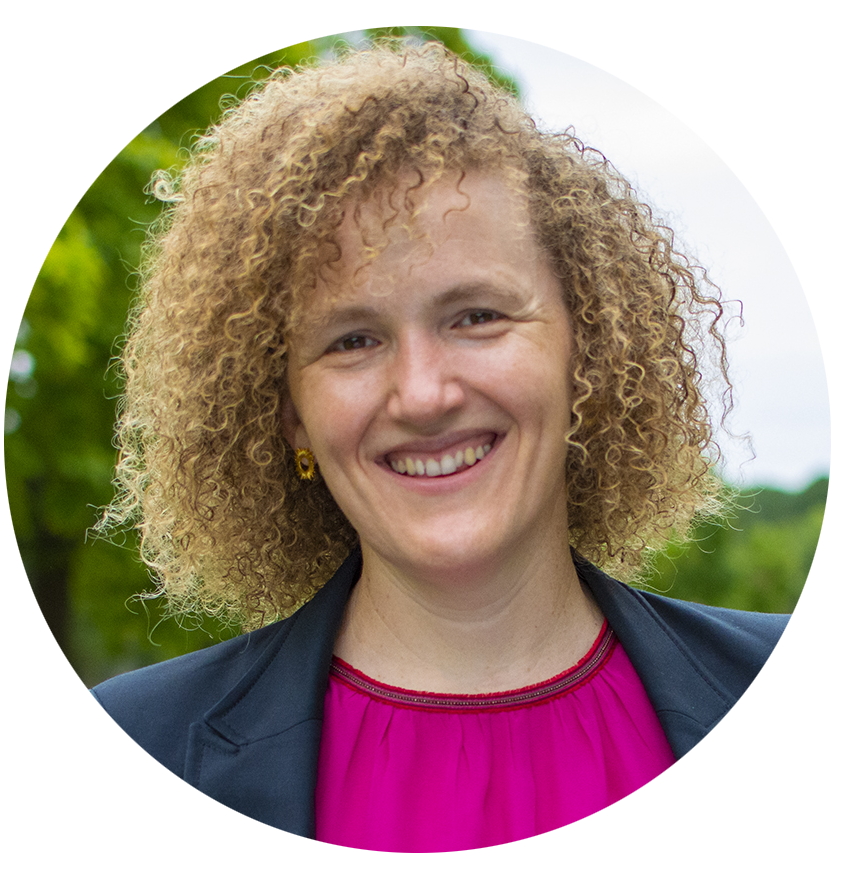
“Before I was accepted to the BJC Fellows program, I certainly understood that our country was supposed to be a place for all people of any and no religious identity. I understood that our country throughout history both strived toward this ideal and fell far too short, often in the same moment.
Cassandra Lawrence / Washington, D.C.
After attending the BJC Fellows Seminar, I understand more clearly that it is the details of how we form our ‘more perfect union,’ establish justice, and the ‘blessings of liberty’ where the beauty and strength of our commitment can be found.’ … The history we waded through was filled with examples of individuals and government both restricting and restoring religious liberty.”
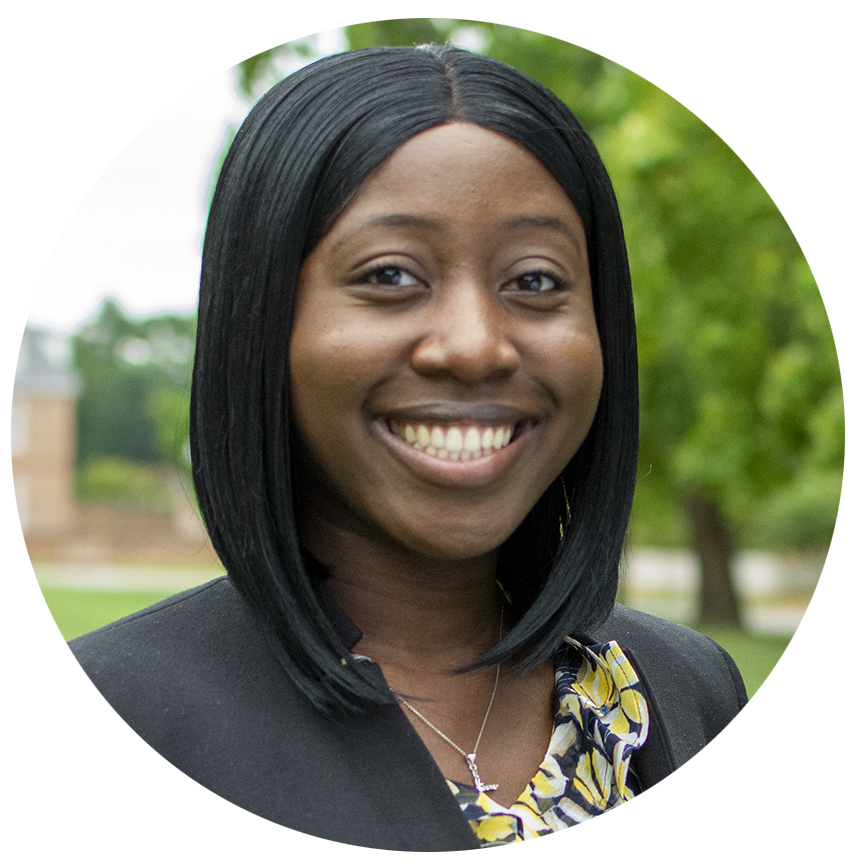
“BJC provided a different way to look at things, both in and outside of religion. As a Believer, I came with my own beliefs and was interested in seeing how similar or dissimilar the beliefs and experiences of others were to mine. …
Grace Agbadou / Newark, New Jersey
Many historical individuals that we learned about (and heard from, in the form of interpreters like the Rev. Gowan Pamphlet and George Wythe) allowed us to gain a deeper understanding of the history of the Baptist church and how their impact contributed to what we know it as today. … The tours gave us great insight on the history of Colonial Williamsburg as well as what individuals had to go through during this time period. … It was a new perspective and something I will not forget.”
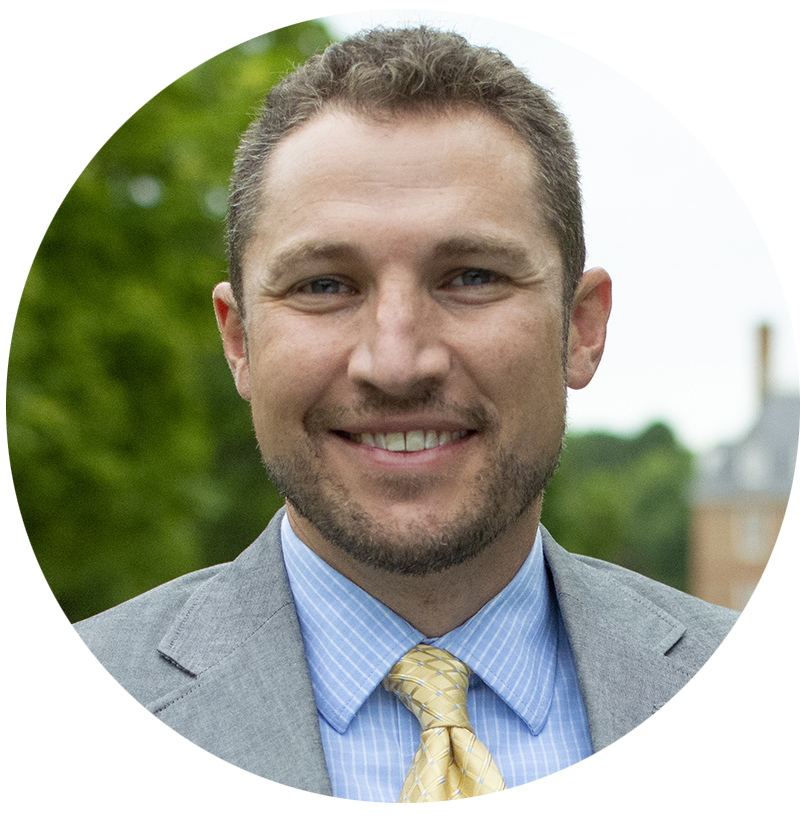
“The BJC Fellows Program showed me ways to engage with our political structures to bring good and positive change. This advocacy seminar taught me how to have conversations with our elected officials, share my concerns, push for support of laws, and hold leaders accountable to the religious freedom of all people. ….
Rev. Dane Martin / Winston-Salem, North Carolina
I will hold onto the thought that I love my religious freedoms so much, that each person (whether they claim a religion, are spiritual, or claim nothing) deserves the same freedoms. In pursuit of this reality, I am reminded to love the person in front of me because, like me, they are a human created in the image of God. Each of us deserves dignity, respect, and acknowledgment for who we are.”
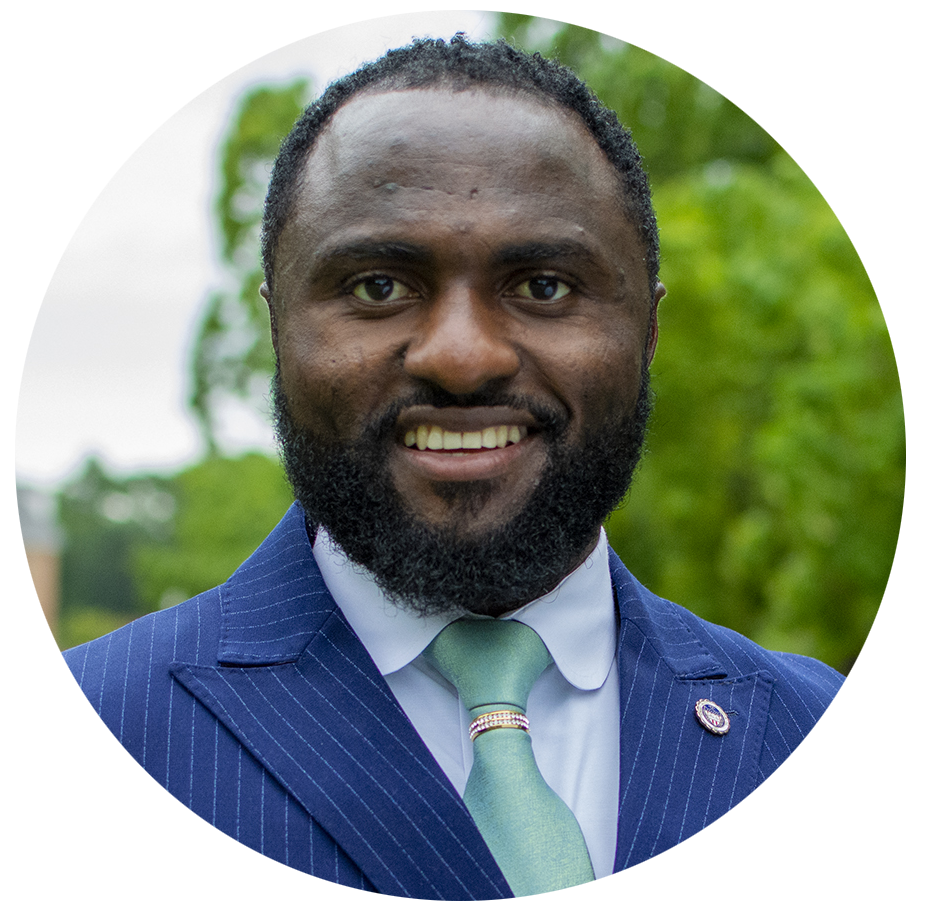
“As an immigrant from West Africa living in the United States, I have come to enjoy civil liberties amongst which includes religious freedom. I now know that this is only so because ordinary people set out to do the work of ensuring that all peoples can freely exercise faith according to the dictates of their conscience.
Kelvin Mbi / Laurel, Maryland
Being part of the BJC Fellows made all the difference. It gave me the opportunity of truly acknowledging and appreciating the gift of being in a space where freedom of conscience is guarded and protected. The BJC fellows seminar at Williamsburg , Virginia, was not only inspiring, purpose enhancing, but thought provoking and transforming. I now hold a deep conviction that religious freedom is not only a fundamental human right but a way of life for people of all faiths and none.”
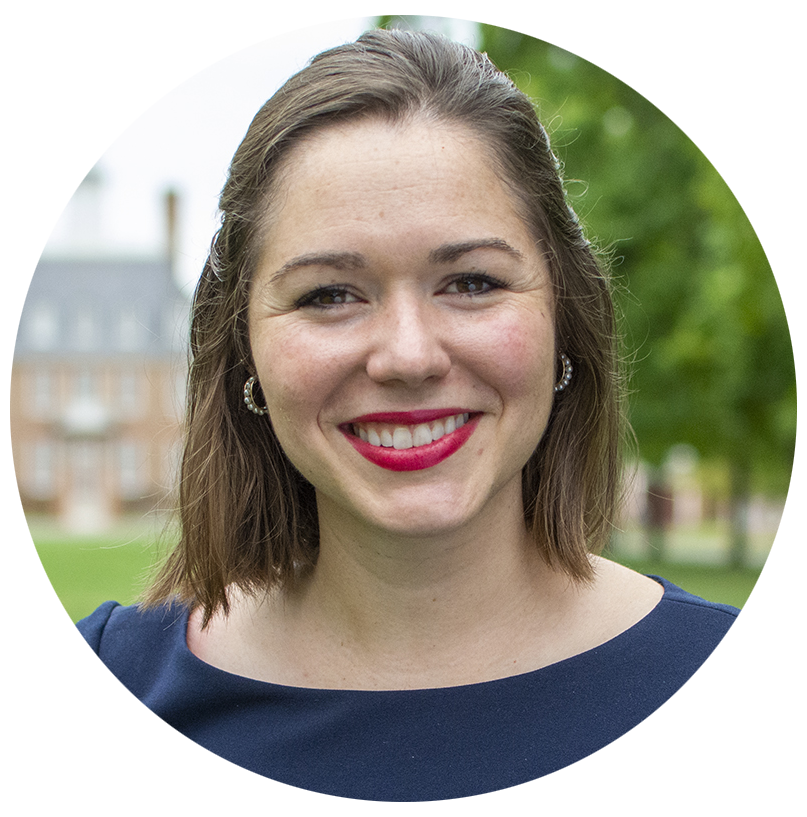
“I am a Baptist pastor, and my people forget a time when their type of Christianity were not in power. We forget that our way of practicing our religion today was at one point not allowed in this very land. We forget the many Baptists who were jailed for practicing their faith and we forget the Baptists who advocated for the separation of church and state. …
Rev. Caitlin Childers Brown / Norfolk, Virginia
The BJC Fellows Program for me, was a call to remember. A call to remember our country’s history, a call to remember the nuances that have shaped us and brought us to this day. … To forget religious freedom, is to make our country unsafe for the Sikh, the Muslim, and the Jew. But I think we all have selfish tendencies at times, and so I remind my fellow Baptists and Christians at large that to forget religious freedom is also to make the country unsafe for us as well.”
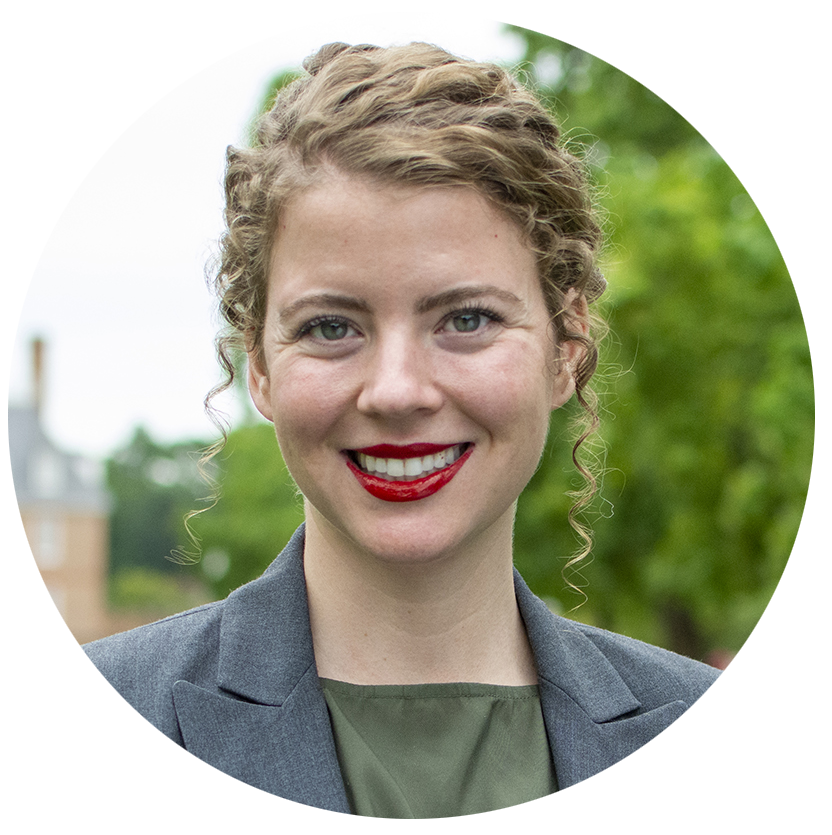
“In his book, Professor Michael Meyerson explains that ‘nearly 5,000 people signed petitions asserting that the assessment [a federal tax to support the Christian church] violated the”Spirit of the Gospel.”’ That is to say, Christians, particularly Baptists, were against governmental support of Christianity precisely because they believed it was unchristian. …
Amy Hayes / Atlanta, Georgia
Rep. Marjorie Taylor Greene and others like her would have us believe that Christian nationalism is the only way we can be faithful to God and loyal to country. That it is both our true history and our only hope for a future. But then how do you explain those 5,000 signatures? How do you explain John Leland, a revolutionary era Baptist minister who fought for the religious liberty of all? His sincere devotion inspired him to declare ‘There is no such thing as a Christian nation!’”
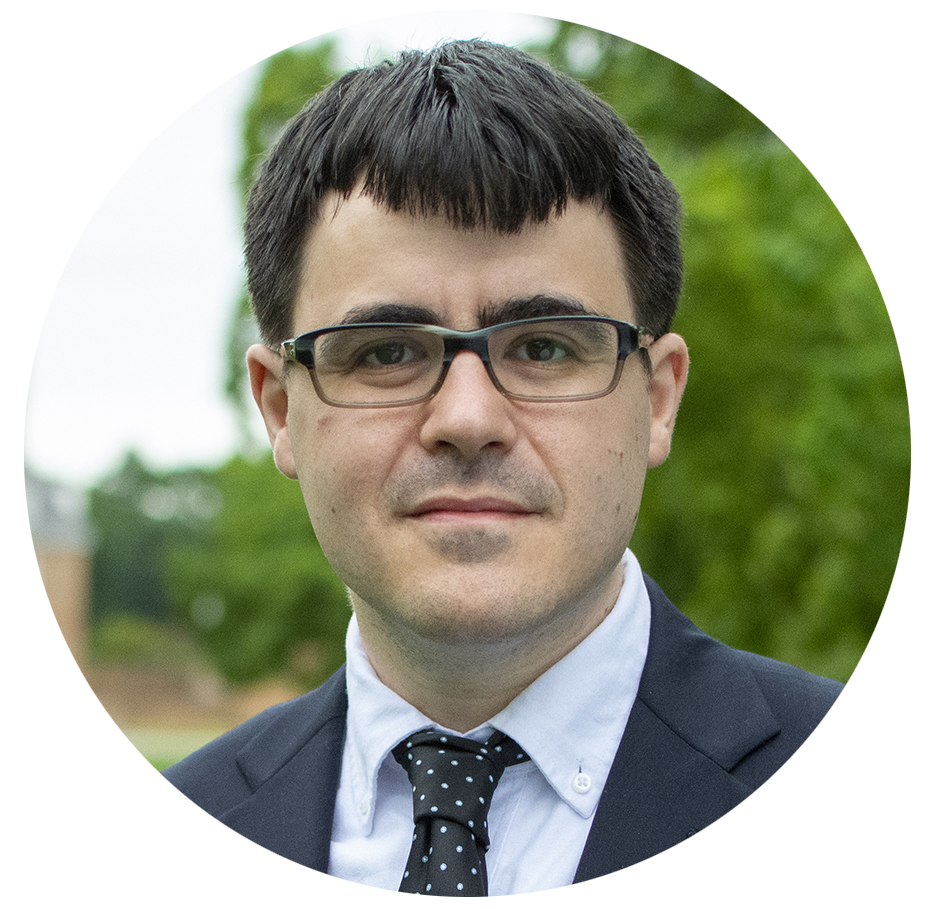
“Religious liberty always is the product of constant labor and effort. At its founding, the United States rejected having a national church or implementing religious requirements for federal elected office, which was both controversial and remarkable. It was a measure that paid off, and the stunning range of spiritual vitality and diversity in the United States today is evidence of the success of this model.
Dr. Isaac Barnes May / New Haven, Connecticut
The past gives us no easy solutions to how to live out religious liberty today. Nor is the solution to venerate the founders, whose faults are well documented and known. Yet I take inspiration from the long-held national commitment to religious liberty for people of any faith.”
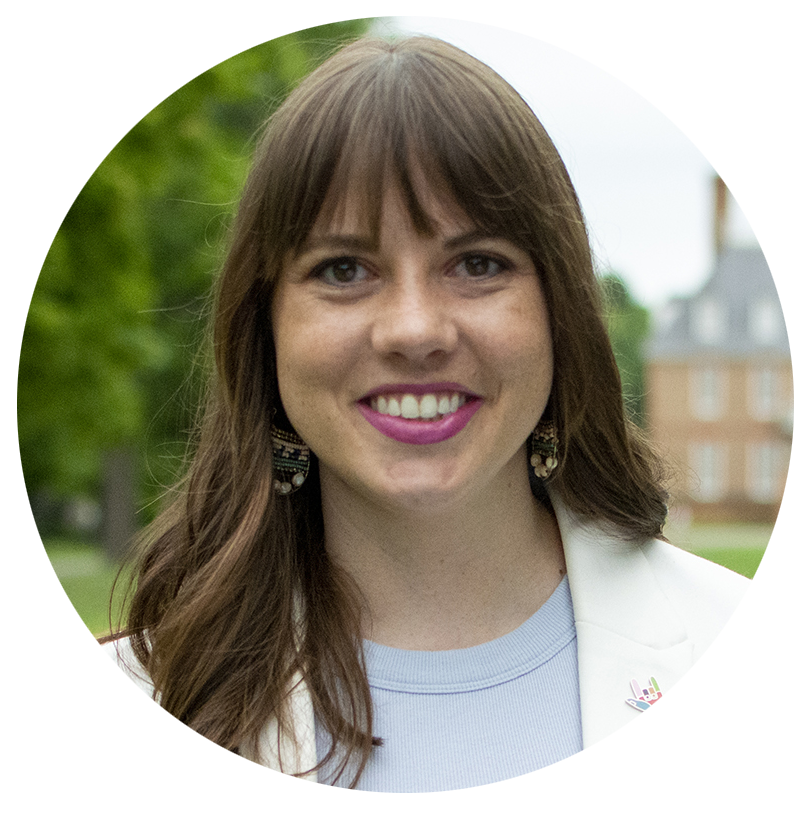
“A simple question started an inward journey that asked harder questions: Where is my motivation self-serving or denying my privilege? Where does my drive for advocacy lack an inclusive vision or connection to humanity? Do my beliefs come from a depth that is sustainable? …
Kelsey Stillwell / Macon, Georgia
For me, this is what makes the commitment of BJC and the BJC Fellows Program engaging, important, and sustainable: because the conversation of religious freedom for all should be both of mind and heart.
What hasn’t changed since participating in the BJC Fellows program is my investment and belief in religious freedom for all. What has changed is the number of reasons why. Behind my beliefs, there is now an honest view of history, the influence of diverse perspectives, confidence in education, a sense of urgency, a passion for advocacy, and still room to grow.”
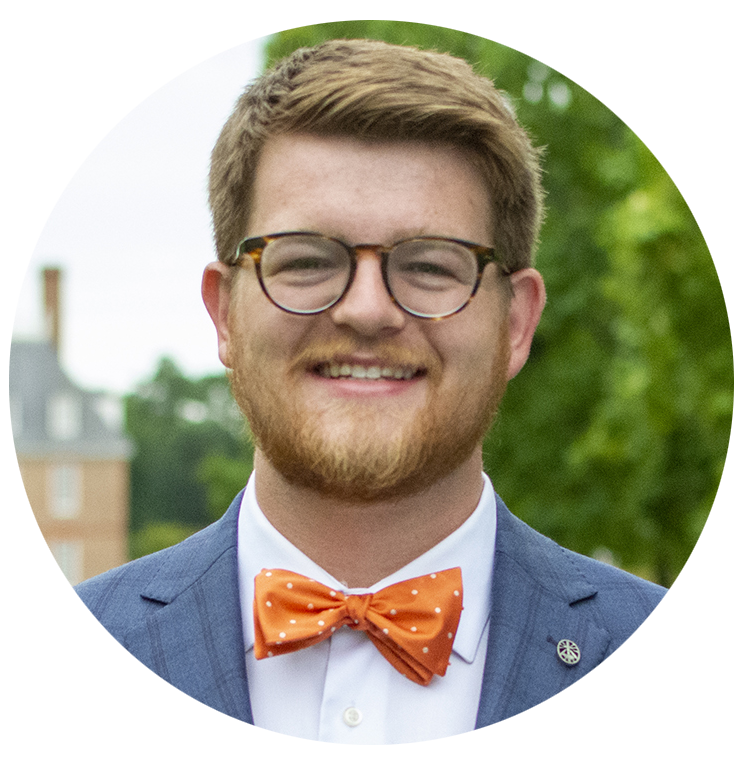
“This program offered a chance to learn about the Baptist legacy of standing against Christian nationalism, the historical and contemporary challenges to religious liberty, and how everyday people are fighting for faith freedom for all.
Rev. Chris West / Raleigh, North Carolina
The thing that I valued most about the BJC Fellows Program was the ability to ask difficult questions and have real discussions about why we value religious liberty, how we defend it, and if this is a battle that can be won.
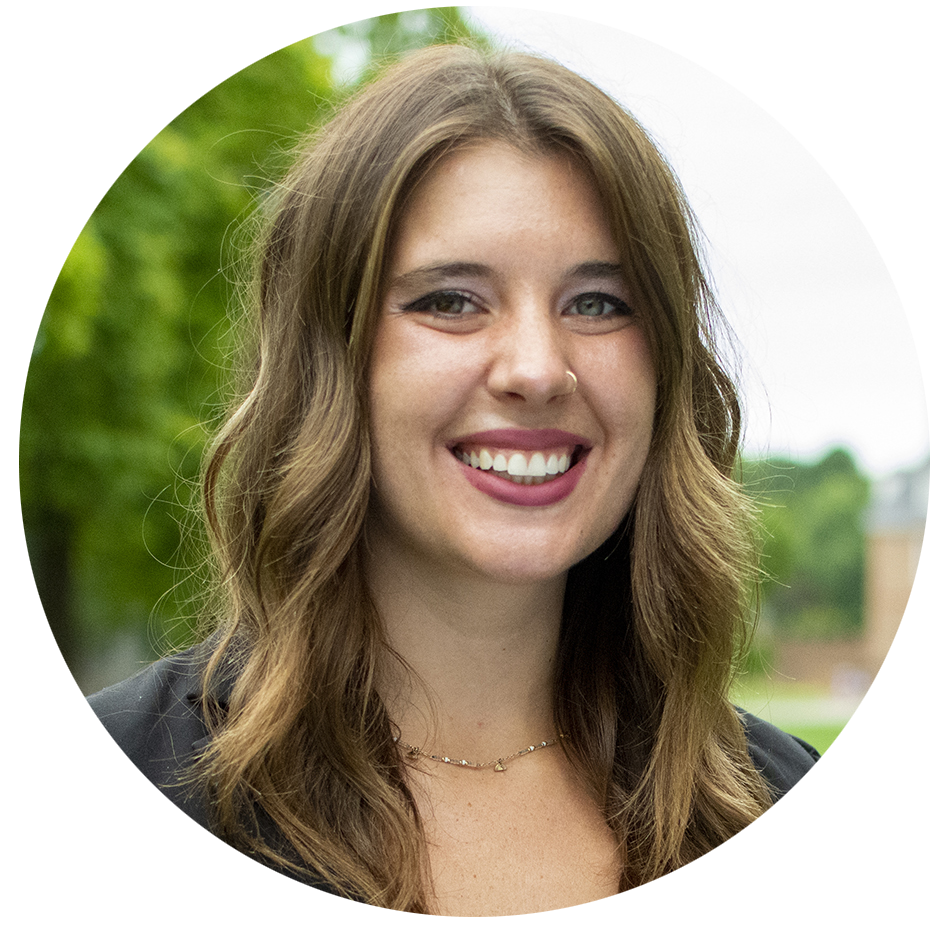
“Upholding religious liberty means fighting against religion being forced on any human. Religious liberty is important because, in America, Christian nationalism is rampant, …
Summer Hyche / Birmingham, Alabama
which means those who do not subscribe to Christianity are are at risk of being oppressed and denied religious rights under the guise of nationalism.”
Interested in being a BJC Fellow?
There is no religious requirement for the program, and applications open each winter.

